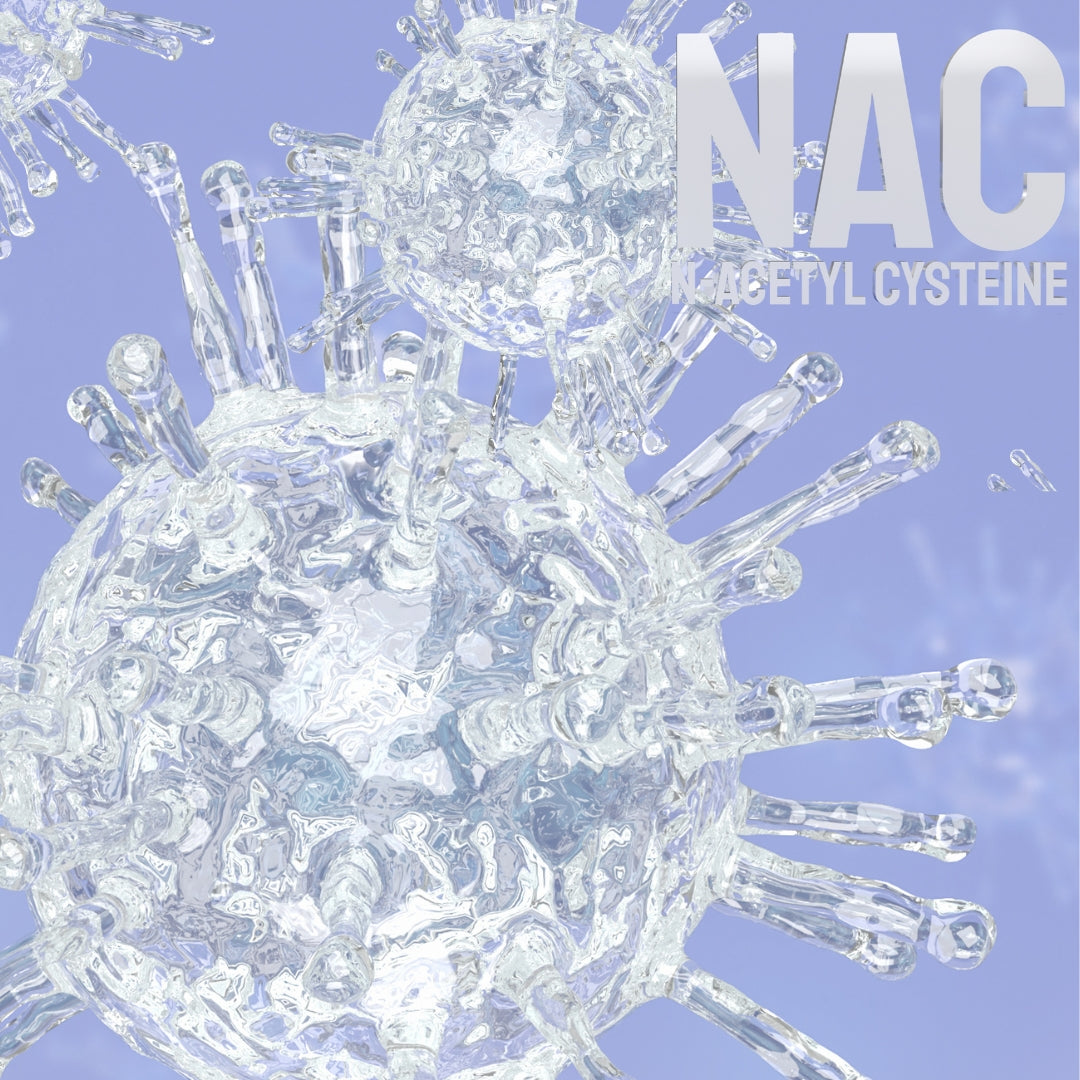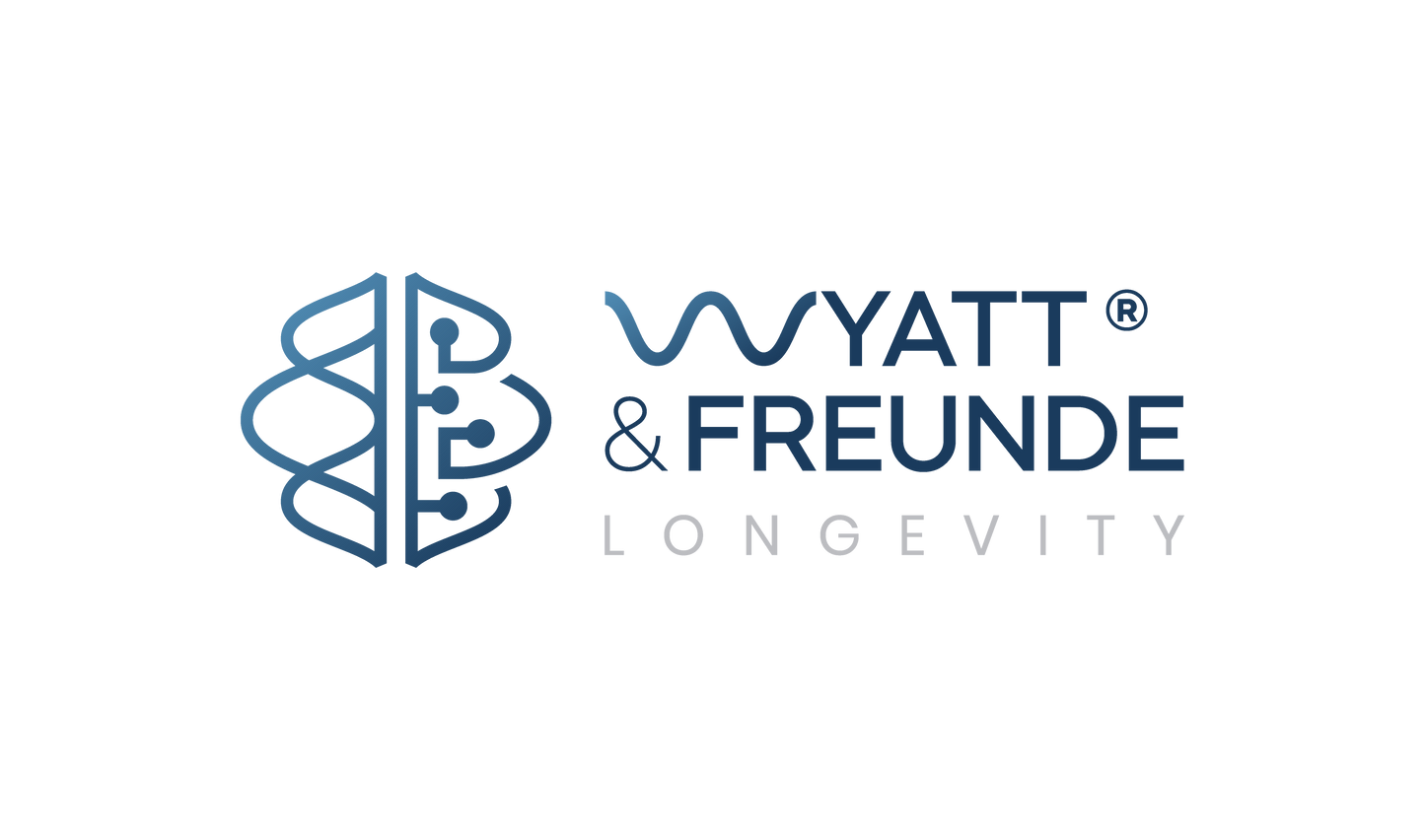
Author
Dr. Ayesha Tufail
Certified Medical Doctor, Researcher and Top-Rated Medical Writer on Upwork. Dr. Ayesha Tufail has more than 10 years of experience working as a General Practitioner. Her areas of research include Stem Cell Therapy, Herbal Health Supplements & Adult ADHD.
You can get in touch with Dr. Ayesha via her LinkedIn account linked at the end of this page.
What is NAC?
NAC, short for N-acetyl cysteine, is a supplement form of the amino acid cysteine. It is known for its antioxidant properties and its ability to support the production of protective antioxidants in the body. NAC can be obtained through supplements or prescription drugs since it is not widely available from natural food sources. The human body can produce some NAC from other amino acids, making it a semi-essential amino acid. While there is no strict daily requirement for NAC, taking higher amounts of it may offer various health benefits to certain individuals.
Health Benefits of NAC:
N-Acetyl Cysteine (NAC) is a supplement that is highly effective when it comes to health benefits. From supporting respiratory health and boosting immune defences to promoting liver function, mental well-being, and muscle recovery, NAC offers a wide array of advantages.
N-acetyl cysteine (NAC) has caught attention for its potential benefits in promoting lung health. Research suggests that NAC may have positive effects on various respiratory conditions. In chronic respiratory diseases such as COPD and bronchitis, NAC supplementation has shown promise in reducing symptoms and improving lung function. Its mucolytic properties help break down and thin mucus, making it easier to clear the airways.
Additionally, NAC acts as a potent antioxidant, protecting lung tissues from oxidative damage and reducing inflammation in the respiratory system. It has also been studied for its potential role in respiratory infections, with evidence suggesting that NAC may help alleviate symptoms and support immune function. While more research is needed to fully understand the mechanisms and optimal use of NAC in lung health, its antioxidant and mucolytic properties make it a promising supplement for individuals with respiratory conditions.
N-Acetyl Cysteine (NAC) is known for its potential for supporting and strengthening the immune system. One of the key ways it achieves this is by boosting the levels of glutathione, a powerful antioxidant that plays a vital role in immune function. Glutathione protects immune cells from free radical damage and aids in immune response regulation. By providing the necessary building blocks for glutathione synthesis, NAC enhances the body's antioxidant defences and promotes optimal immune function.
NAC itself possesses antioxidant properties, allowing it to scavenge free radicals and reduce oxidative stress. This helps to maintain a balanced immune response and prevent immune cells from being overwhelmed by excessive oxidative damage.
NAC has also been found to have anti-inflammatory effects, which can further support immune health. By reducing the production of pro-inflammatory molecules, such as cytokines, NAC helps modulate the inflammatory response and creates an environment conducive to optimal immune function.
NAC has been studied for its immune-modulating effects in specific health conditions, including HIV, influenza, and autoimmune diseases. While more research is needed, preliminary studies suggest that NAC may have a positive impact on the immune response and disease progression in these conditions.
N-Acetyl Cysteine (NAC) has emerged as a potential protector of liver and kidney health. Its antioxidant properties, primarily through the production of glutathione, aid in the neutralisation of harmful free radicals and the reduction of oxidative stress. This defence is essential for the liver and kidneys, which are extremely vulnerable to harm from oxidative stress and toxins.
Furthermore, NAC supports the detoxification processes of these organs by enhancing the availability of glutathione. By promoting efficient toxin removal, NAC aids in safeguarding the liver and kidneys from the detrimental effects of toxic substances.
In cases of acetaminophen (paracetamol) overdose, NAC is commonly used as an antidote to prevent liver damage. It replenishes depleted glutathione levels, which are essential for detoxifying harmful byproducts of acetaminophen metabolism. Additionally, NAC's anti-inflammatory properties may help reduce inflammation in the liver and kidneys. Chronic inflammation can contribute to tissue damage and impair organ function, making NAC's anti-inflammatory effects beneficial for maintaining the health of these organs.
N-Acetyl Cysteine (NAC) has shown potential for promoting brain health and cognitive function. As a precursor to glutathione, NAC helps protect brain cells from oxidative stress and damage caused by free radicals. By increasing glutathione levels, NAC supports the brain's antioxidant defences, which are crucial for maintaining overall brain health.
Moreover, NAC plays a role in neurotransmitter regulation, particularly with glutamate and dopamine. Modulating glutamate levels helps maintain proper brain function, supporting cognitive function, memory, and mood regulation. It also shows promise in aiding individuals with addiction and substance abuse disorders by reducing cravings and withdrawal symptoms through its modulation of glutamate and restoration of depleted glutathione levels.
Studies have suggested that NAC may have positive effects on cognitive function, memory, and mental health. It has been explored in conditions such as Alzheimer's disease, Parkinson's disease, and age-related cognitive decline. NAC's antioxidant properties, ability to support mitochondrial function, and ability to reduce neuroinflammation contribute to its potential cognitive benefits.
Research suggests that N-Acetyl Cysteine (NAC) may have positive effects on male and female infertility. In males, NAC has been found to improve sperm quality and function by acting as an antioxidant and enhancing sperm motility and count. For females, NAC shows promise in improving ovulation and hormonal balance, particularly in conditions like polycystic ovary syndrome (PCOS). It may also enhance egg quality by reducing oxidative stress.
Additionally, NAC has been studied for its potential to improve endometrial receptivity and support successful embryo implantation. While more research is needed to fully understand the mechanisms and effectiveness of NAC in infertility, these findings suggest its potential as a supportive treatment option for both male and female infertility.
The role of N-acetylcysteine (NAC) in cancer is still being studied, but preliminary research suggests potential benefits. NAC's antioxidant properties may help protect cells from DNA damage and reduce oxidative stress, potentially aiding in cancer prevention. It has also been investigated as an adjuvant therapy in combination with conventional treatments, such as chemotherapy and radiation therapy, to enhance their effectiveness and protect healthy cells. NAC may have chemopreventative effects, inhibit tumour growth, and sensitise cancer cells to chemotherapy drugs. However, more research is needed to fully understand the mechanisms and determine their optimal use in cancer prevention and treatment.
N-Acetyl Cysteine (NAC) has shown potential in managing type 2 diabetes. Its antioxidant properties may help reduce oxidative stress and improve insulin sensitivity. NAC may also boost glutathione levels, protecting pancreatic beta cells and enhancing insulin secretion. Additionally, NAC has been found to enhance insulin signalling pathways and regulate lipid metabolism. While further research is needed to establish its effectiveness, NAC could be a promising adjunctive therapy for type 2 diabetes.
Recommended Dose of NAC Supplements:
The recommended dosage of N-Acetyl Cysteine (NAC) supplements can vary, but a general range is around 600–1,800 mg per day for antioxidant support and general health. Higher doses of 1,200-2,400 mg per day may be used for respiratory health, mucus clearance, or liver support. It is advisable to start with a lower dosage and gradually increase as tolerated. It is important to consult with a healthcare professional for personalised guidance on the appropriate dosage and duration of NAC supplementation based on individual needs and health conditions.
Side Effects and Drug Interactions:
NAC may have an unpleasant smell and taste, which can affect its palatability. Common side effects include nausea, vomiting, and diarrhoea. Rare side effects may include allergic reactions, stomatitis (inflammation of the mouth), drowsiness, rhinorrhea (runny nose), and hemoptysis (coughing up blood). Vomiting has been reported after intravenous use, and one anaphylactic reaction has been reported.
NAC has anticoagulant and platelet-inhibiting properties, so caution should be exercised when using NAC with patients who have bleeding disorders or are taking blood thinners. NAC use with nitroglycerine should also be cautioned as it may cause hypotension (low blood pressure). It is important to discuss the use of NAC with a healthcare professional, especially if you have any existing medical conditions or are taking medications, to avoid potential interactions or adverse effects.
Conclusion:
In conclusion, N-Acetyl Cysteine (NAC) is a versatile supplement that offers a range of potential health benefits. From its antioxidant and immune-supporting properties to its role in liver detoxification, respiratory health, brain function, and more, NAC has garnered attention in the wellness community. While more research is still needed to fully understand its mechanisms and effectiveness in various conditions, NAC holds promise as a valuable addition to your wellness routine.
With our commitment to purity, potency, and customer satisfaction, we strive to provide you with a premium product that can support your overall health and well-being. Take the next step towards enhancing your wellness journey and try NAC today.
Medical Disclaimer: While we have delve into the research available on the health benefits of these awesome supplements we offer, this is for informative purposes only and shouldn’t be taken as medical advice. Those who have any health-related queries should reach out to a medical professional. These statements have not been evaluated by the Therapeutic Goods Administration. This article is not intended to diagnose, treat, cure, or prevent any disease.
Dr. Ayesha Tufail's LinkedIn - www.linkedin.com/in/dr-ayesha-tufail-679176252/
References:
- Chang, T., Hsieh, J., Lee, C., Lo, H., Tam, W., & Loh, W. (2021). Effectiveness of N-acetylcysteine in Treating Clinical Symptoms of Substance Abuse and Dependence: A Meta-analysis of Randomized Controlled Trials. Clinical Psychopharmacology and Neuroscience, 19(2), 282-293. https://doi.org/10.9758/cpn.2021.19.2.282
- Ntamo, Y., Ziqubu, K., Chellan, N., Nkambule, B. B., Nyambuya, T. M., Mazibuko-Mbeje, S. E., Gabuza, K. B., Marcheggiani, F., Tiano, L., & Dludla, P. V. (2021). Drug-Induced Liver Injury: Clinical Evidence of N-Acetyl Cysteine Protective Effects. Oxidative Medicine and Cellular Longevity, 2021. https://doi.org/10.1155/2021/3320325
- Yanping Pei, Huan Liu, Yi Yang, Yanwei Yang, Yang Jiao, Franklin R. Tay, Jihua Chen, "Biological Activities and Potential Oral Applications of N-Acetylcysteine: Progress and Prospects", Oxidative Medicine and Cellular Longevity, vol. 2018, Article ID 2835787, 14 pages, 2018. https://doi.org/10.1155/2018/2835787
- Tardiolo, G., Bramanti, P., & Mazzon, E. (2018). Overview on the Effects of N-Acetylcysteine in Neurodegenerative Diseases. Molecules, 23(12), 3305. https://doi.org/10.3390/molecules23123305
- Kwon, Y. (2021). Possible Beneficial Effects of N-Acetylcysteine for Treatment of Triple-Negative Breast Cancer. Antioxidants, 10(2), 169. https://doi.org/10.3390/antiox10020169
- Gerry K. Schwalfenberg, "N-Acetylcysteine: A Review of Clinical Usefulness (an Old Drug with New Tricks)", Journal of Nutrition and Metabolism, vol. 2021, Article ID 9949453, 13 pages, 2021. https://doi.org/10.1155/2021/9949453
- Sekhar, R. V. (2022). GlyNAC (Glycine and N-Acetylcysteine) Supplementation Improves Impaired Mitochondrial Fuel Oxidation and Lowers Insulin Resistance in Patients with Type 2 Diabetes: Results of a Pilot Study. Antioxidants, 11(1). https://doi.org/10.3390/antiox11010154
